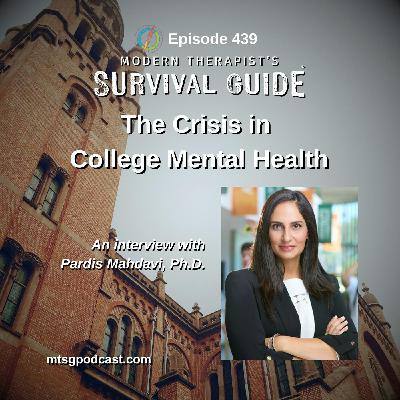Why It’s Hard for Therapists to Be Friends: Understanding Boundaries, Identity, and Reciprocity
Description
Why It’s Hard for Therapists to Be Friends
Curt and Katie chat about why therapists often struggle with friendships—especially with non-therapists. They explore the impact of emotional labor, overidentifying as caretakers, and the challenges of setting boundaries and expressing needs in personal relationships.
Key Takeaways:
Therapists often default to caretaking in friendships, especially if they have a history of being “the helper.”
Emotional exhaustion from client work can make socializing difficult.
Confidentiality and identity boundaries limit what therapists can share about their day.
Friendships become healthier when therapists drop the therapist role and prioritize reciprocity.
Intentional communication and boundary-setting help create sustainable relationships.
More information and transcripts available at:
https://mtsgpodcast.com
Join the Modern Therapist Community:
Linktree
Creative Credits:
Music by Crystal Grooms Mangano
Voiceover by DW McCann
























